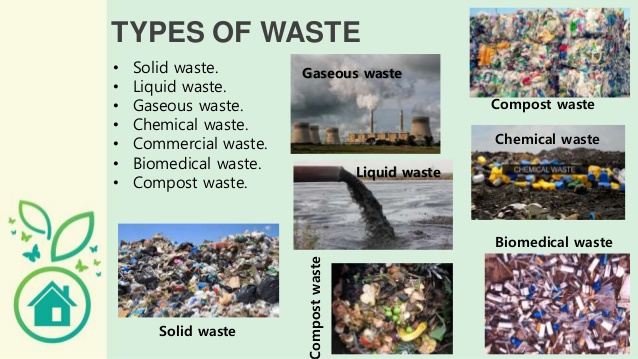
Why Solid Waste ? What is Solid Waste ? SOLID WASTE MANAGEMENT !!!
SOLID WASTE MANAGEMENT
Solid waste refers to the range of garbage arising from animal and human activities that are discarded as unwanted and useless. Solid waste is generated from industrial, residential and commercial activities in a given area,
Waste can be categorized based on material, such as plastic, paper, glass, metal, and organic waste. Categorization may also be based on hazard potential, including radioactive, flammable, infectious, toxic, or non-toxic. Categories may also pertain to the origin of waste, such as industrial, domestic, commercial, institutional or construction and demolition.
Regardless of the origin, content or hazard potential, solid waste must be managed systematically to ensure environmental best practices. As solid waste management is a critical aspect of environmental hygiene, it needs to be incorporated into environmental planning.
Solid Waste Management is defined as the discipline associated with control of generation, storage, collection, transport or transfer, processing and disposal of solid waste materials in a way that best addresses the range of public health, conservation, economics, aesthetic, engineering and other environmental considerations.
In its scope, solid waste management includes planning, administrative, financial, engineering and legal functions. Solutions might include complex inter-disciplinary relations among fields such as public health, city, and regional planning, political science, geography, sociology, economics, communication and conservation, demography, engineering, and material sciences.